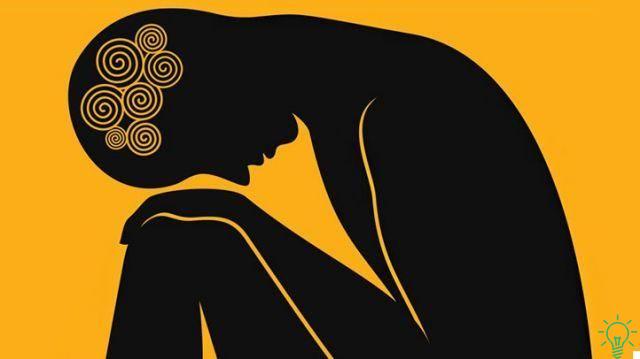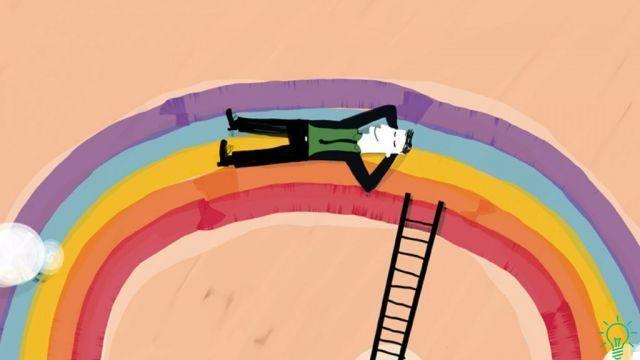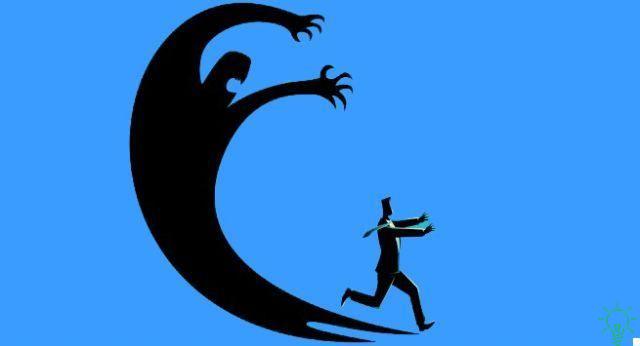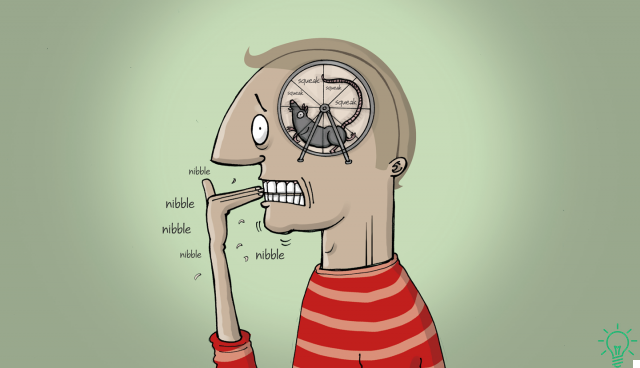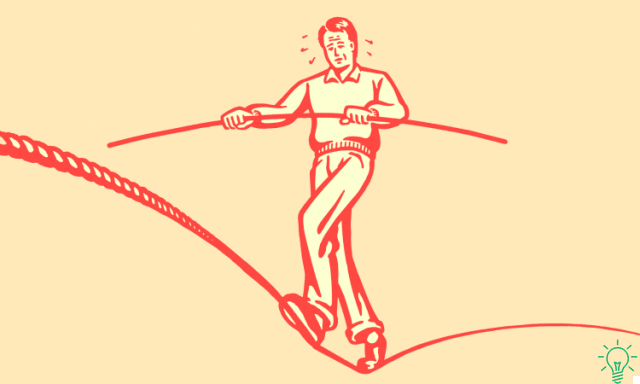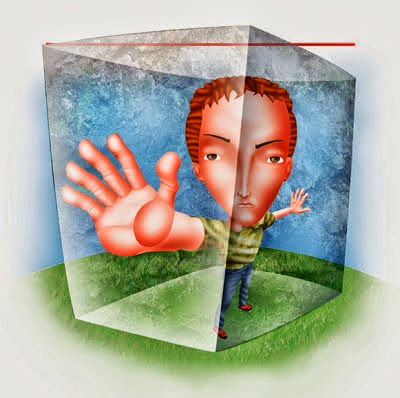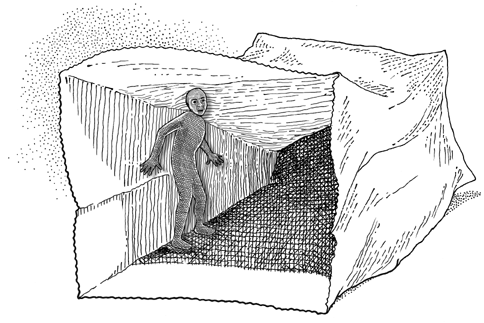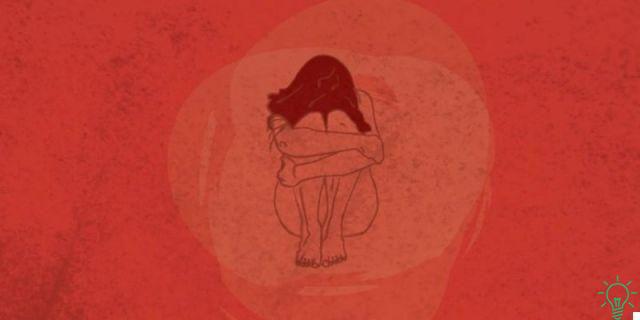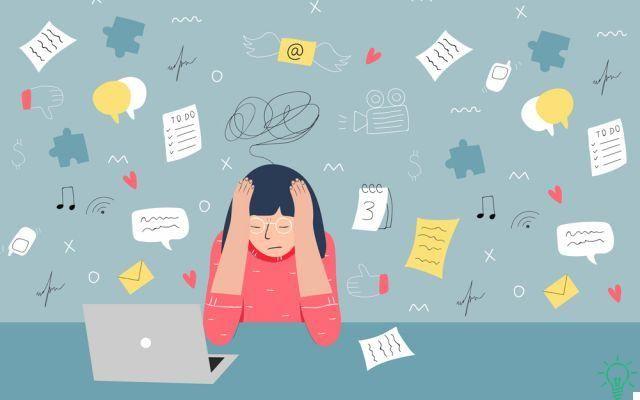
Cumulative stress is one of the most underrated modern enemies, but the one that can do us the most damage. It usually grows slowly, hidden behind daily obligations and haste, so that by the time we realize its presence it is usually too late as its ramifications have affected our health and damaged us emotionally.
In fact, a study conducted at Yale University revealed that continually exposing ourselves to stressful situations can cause changes in the brain that, in the long run, end up increasing our vulnerability to stress. Researchers at the University of California also found that cumulative stress increases our tendency to impulsivity, which leads us to make worse decisions and have more problems. As a result, we are immersed in a stressful vicious circle as we watch with some awe and helplessness as psychological tension and anguish builds up in our lives.
What is cumulative stress and how does it occur?
Stress is a natural response of the mind and body to a situation that we perceive as threatening or challenging and for which we do not have the necessary resources to deal with it. There are different types of stress and they are not all negative. The eustress, for example, can give us an extra dose of energy to deal with a new and challenging situation by helping us mobilize all our resources to react quickly and efficiently.
However, when we do not release stress but it is maintained over time, it is cumulative stress. This type of stress is usually produced by the accumulation of small situations that generate emotional distress and tension, such as a heavy workload, unresolved family or relationship conflicts, personal frustrations that last for years or any other circumstance that makes us feel helpless or limited.
Cumulative stress can also be the result of specific distress-generating situations occurring relatively close in time, so we haven't had enough time to recover from their impact. This is the case of the death of loved ones, the loss of a job, the breakdown of a relationship or the failure of a professional project. When these factors come together over time, it is normal for stress to build up and destabilize us.
It must also be said that situations that generate stress do not always have a negative imprint. For example, having a child, moving in with your partner, or moving to another city are positive changes that also bring some uncertainty or anxiety, so they can contribute to cumulative stress.
The main symptoms of cumulative stress
What can be stressful and distressing for one person may not be for another. It all depends on individual perception, the degree to which we feel threatened and the control we have over the circumstances. In fact, the most stressful thing for most people is the feeling of not being able to control the situation.
Of course, when we are faced with extreme situations, such as a natural disaster or the loss of a loved one, it is easy to realize that you are stressed and upset. Instead, the cumulative stress gradually increases, so we don't always realize that we are going through a period of physical and mental exhaustion.
Stress always triggers a series of physiological responses mediated by the autonomic nervous system that end up affecting our emotional stability by triggering physical symptoms. When we experience one stressful situation after another, our mind and body have no chance to recover and are forced to work hard to meet the next challenge. This reduces our coping resources and increases the risk of somatization.
Therefore, stress can manifest itself in the body in different ways. It can cause nausea, dizziness, gastrointestinal problems, muscle tension, tension-type headache, sleep disturbances or skin problems and hair loss. In fact, we cannot forget that “the prolonged increase in cortisol, the main biomarker of stress, is associated with a deterioration in physical and cognitive health”, as the researchers of Yale University underline.
From a psychological point of view, pathological anger, sudden mood swings, irritability, frustration and the feeling of being continually overwhelmed are some of the most obvious symptoms of stress.
However, cumulative stress can be detected early by paying attention to other more subtle signals that we normally overlook, such as a feeling of permanent fatigue, even upon waking up. Feeling of apathy or a feeling of emptiness are other warning signs of cumulative stress. Exaggerated responses to the slightest setback, trouble concentrating, loss of motivation, or even mental fog are other signs of stress in its early stages.
How to prevent cumulative stress?
The good news is that cumulative stress is avoidable and reversible. For this, we must start from self-knowledge. We need to be aware of our physical and psychological resources, as well as our limitations. Only then can we implement the most appropriate coping strategies based on the circumstances.
We must also learn to organize our daily lives in order to make room for rest, disconnection and relaxation because those moments are what allow us to recharge our emotional battery and prevent stress from accumulating excessively.
Of course, we also need to set boundaries and learn to say 'no'. We must learn not to overload ourselves with tasks and obligations that do not correspond to us or that are not relevant, because they will end up adding an additional tension that will add to the daily stress. But above all we must learn to say "enough" and take the time we need. We have to learn to take care of ourselves seriously.





